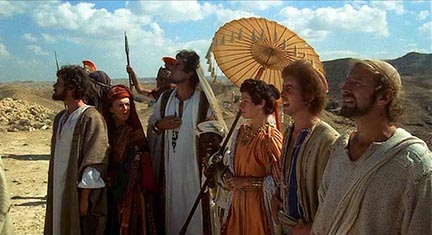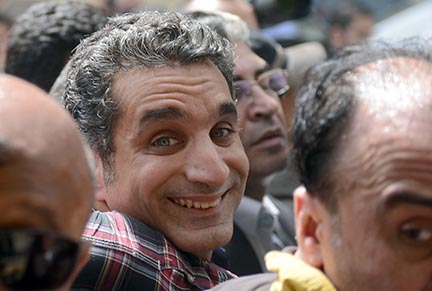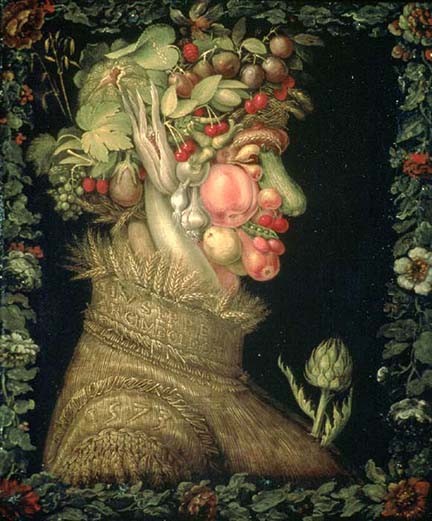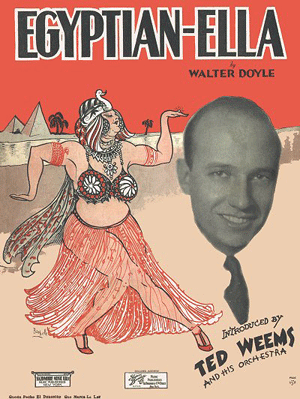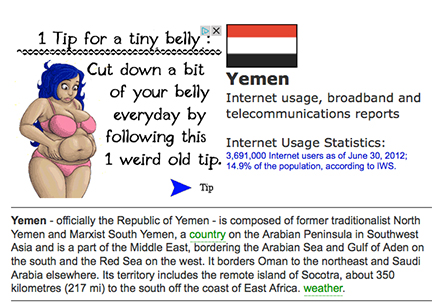
Why can’t Spiderman convert to Islam?
by Leon Moosavi, Al Jazeera, Nov. 27, 2013
[Editor’s Note: There are a number of hyperlinks in the original Al Jazeera article which are not reproduced here by a tired editor.]
There’s a strong current of Islamophobia gushing through our era. In various places, Muslims are still perceived as causing problems with their alleged insistence on being different. From Canada, to the UK, to Burma, and beyond, there are intense debates today that construct Muslims as a troublesome “race” who need to be contained. So when I heard about a new superhero that is going to eradicate this globalised Islamophobia, I was excited.
Commentators have celebrated Marvel’s new Muslim superhero, Kamala Khan (aka Ms Marvel), as a refreshing example of a strong Muslim woman who will normalise Muslim identity. Some even went as far as saying that Khan is “a much needed counter to Islamophobia in show business” and that “Marvel’s work is a watershed moment in breaking down fear and ignorance.” I wish these commentators were right, but sadly, I think they are overlooking some finer points of Kamala’s character that may suggest she is part of the problem rather than the solution.
A Muslim shapeshifter
From the limited information we have about Kamala, we know that she is a 16-year-old “shapeshifter”, who comes from a conservative and restrictive family. She apparently struggles with an identity crisis between her Muslim and American identities. This loose characterisation does not sound like a refreshing portrayal of a Muslim character to me, but in fact, is consistent with typical outdated stereotypes of Muslims. In particular, the idea that Muslim women are trapped by family, tradition and Muslim men is an old orientalist trope that is still projected onto Muslim communities today. It is the same logic that has been used to justify the criminalisation of Muslim clothing and the invasion of Muslim countries.
Her ability to “shapeshift” brings to mind the common Islamophobic accusation that Muslims routinely practice taqqiya where they deliberately conceal their true beliefs for the sake of sinister plots.
In this respect, it may not be a coincidence that Kamala rhymes with Malala, as both of their stories may give the impression that Muslim women need saving from Muslim men. The question that has been asked about Malala, may fairly be asked about Kamala as well: Is she really an empowered Muslim woman or is she an appropriated tool whose narrative coalesces with the portrayal of Muslim men’s ruthless domination needing to be curbed? It will be interesting to see what role Kamala’s white male friend “Bruno” plays in respect to this. It would be tragic if he is the one who Kamala feels safe to confide in, or who helps liberate her, or who gains an intimate relationship with her, because all of these correspond with racist imaginings of how the hierarchical relationship between white men and brown women should be. Continue reading Sitt Marvel →
